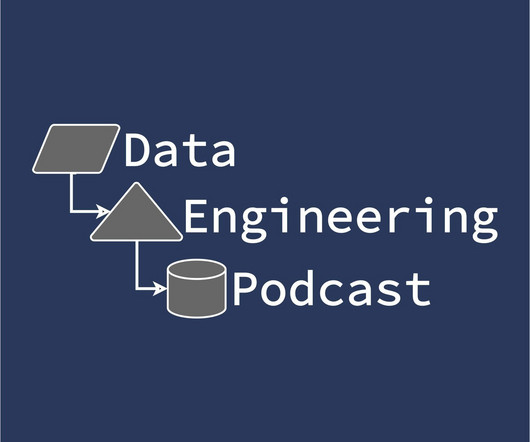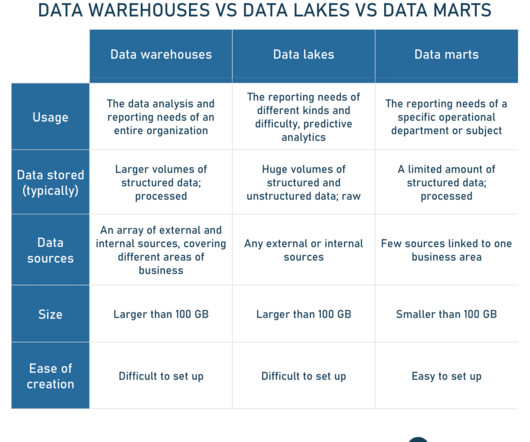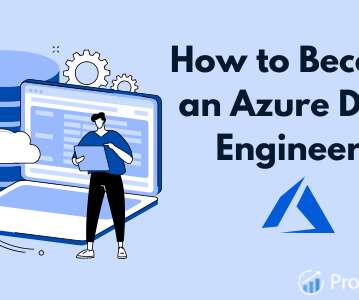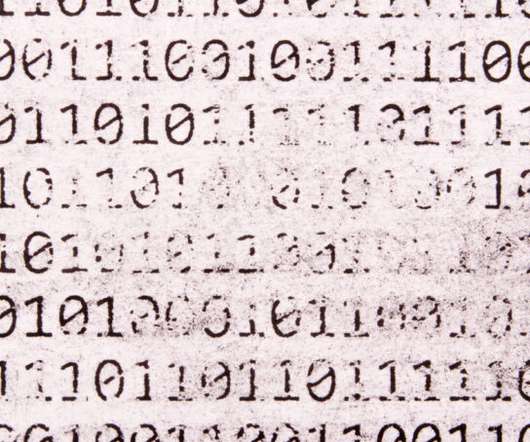Designing A Non-Relational Database Engine
Data Engineering Podcast
APRIL 14, 2024
The default association with the term "database" is relational engines, but non-relational engines are also used quite widely. In this episode Oren Eini, CEO and creator of RavenDB, explores the nuances of relational vs. non-relational engines, and the strategies for designing a non-relational database.















Let's personalize your content